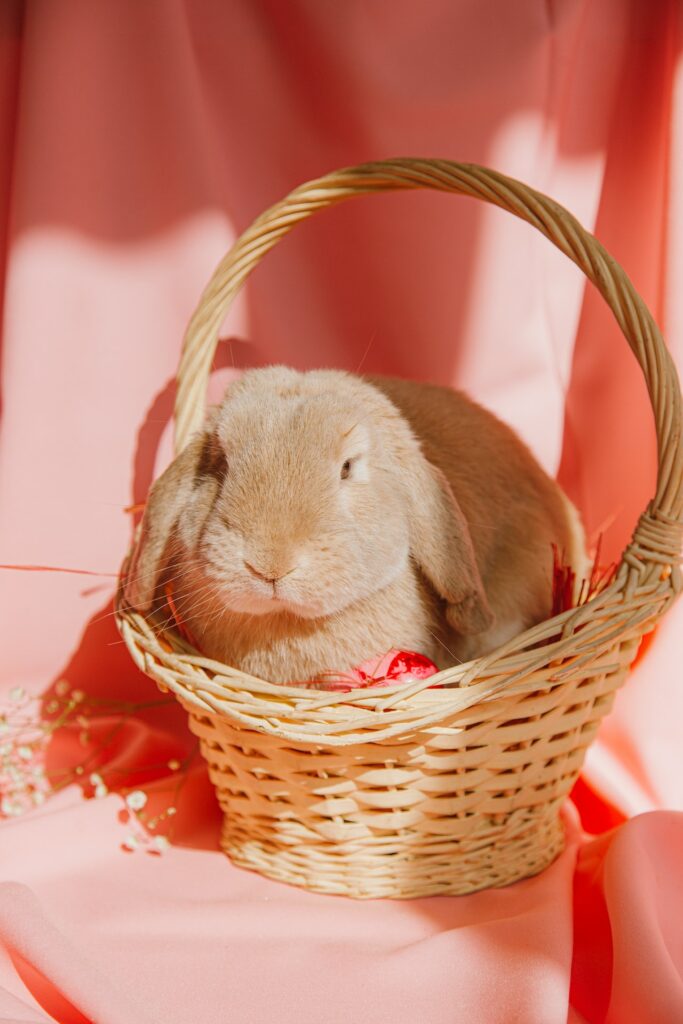Fly Strike in Rabbits – Understanding the Risk and Prevention
In the United Kingdom, fly strike is a relatively rare problem in pet rabbits. However, the condition can be fatal if not treated quickly. This article will discuss what fly strike is, how it occurs, and how to prevent it.
What is Fly Strike?
Fly strike, or ‘fly strike syndrome’, is a serious illness predominantly affecting rabbits. It occurs when flies lay eggs close to or directly on a rabbit’s fur, typically on areas soiled with urine, faeces, saliva and other body fluids. Once the eggs hatch, they become maggots that feed on the flesh of their unfortunate host, causing severe pain and discomfort. If left untreated, this can quickly lead to death due to septicemia (blood poisoning).
What Causes Fly Strike?
The most common cause of fly strikes in rabbits is poor husbandry and poor hygiene. Additionally, some medical conditions, such as arthritis, may make it more difficult for your pup to groom themselves, so extra care should be taken in these instances too! Areas soiled with urine, faeces and other bodily fluids are prime locations for fly eggs to be laid. This combined with an unclean cage, can provide an ideal environment for flies to breed and increase the risk of infestation.
How Can I Prevent My Rabbit From Getting Fly Strike?
You can take several steps to help prevent your rabbit from getting fly strikes, such as regular grooming and regularly cleaning their hutch/enclosure. Additionally, ensure no standing water is nearby, which could attract flies or create moist environments that facilitate egg-laying activities. You should also speak to your veterinarian about potential treatments, such as topical insecticides, which can help repel insects away from your furry friend’s fur.
What Do I Do If My Rabbit Gets Fly Strike?
If your rabbit experiences fly strike, you should take immediate action to lessen its suffering and improve their chances of survival. This involves using tweezers to remove all maggots from their fur before taking them to the vet. They will likely need antibiotics if an infection has already set in and debridement (a cleaning process) for surface wounds created by the maggots!
Wrap Up
Fly strike is a potentially fatal condition that can affect pet rabbits, so it is important to take all the precautions you can to prevent it. Ensure your rabbit’s housing is kept clean and dry, and make sure they are groomed regularly. Additionally, speak to your veterinarian about potential treatments, such as topical insecticides which can help repel insects away from your furry friend’s fur. If fly strike occurs, then seek veterinary help immediately to increase the chances of survival.
By understanding what fly strike is and how to prevent it, you can take all the necessary steps to keep your beloved pet safe and healthy!
Thank you for taking the time to read this article. We hope you found it informative and helpful in understanding the risks and prevention of fly strike in rabbits.
If you have a pet rabbit, it is important to ensure they are protected against fly strike. Getting your pet insured with Furrr.co.uk can help provide peace of mind in a medical emergency such as a fly strike. With Furrr, you can rest assured that your furry friend will be covered if something happens.










